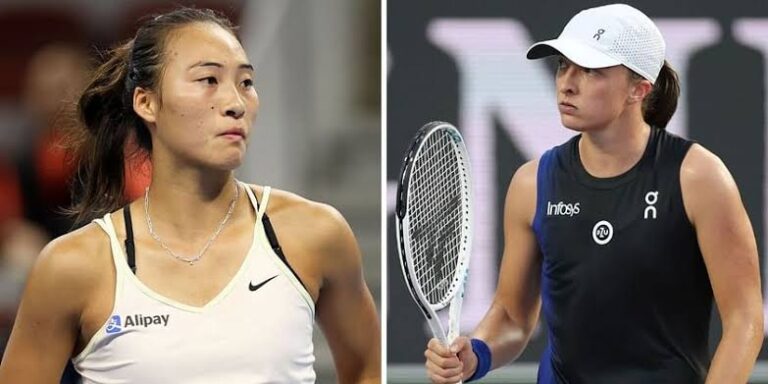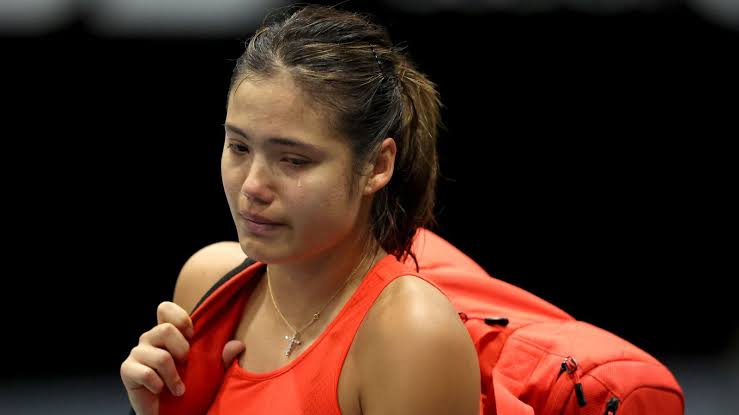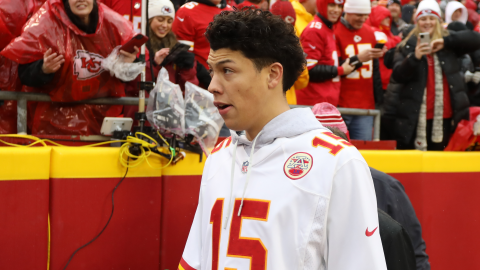Coco Gauff Faces Six-Month Ban from Tennis Following Shocking Loss to Aryna Sabalenka and Confirmation of Critical Offense”
In a stunning turn of events, rising tennis star Coco Gauff has been slapped with a six-month ban from the sport. The repercussions come in the wake of her unexpected defeat to Aryna Sabalenka and the subsequent confirmation of her involvement in a critical offense. The tennis world, known for its moments of triumph and heartbreak, is now grappling with the fallout of this shocking revelation.
Gauff, at just 18 years old, had been making waves with her exceptional talent and maturity on the court. However, her journey took an unexpected detour as she faced Sabalenka in what would become a pivotal match in her career. The loss itself was a blow to Gauff’s aspirations, but the aftermath proved even more significant as the details of the alleged offense unfolded.
Tennis authorities moved swiftly to investigate the matter, and the confirmation of Gauff’s guilt has left fans and fellow players in disbelief. The nature of the offense remains undisclosed, heightening the intrigue surrounding this unfortunate chapter in Gauff’s promising career.
The six-month ban, a severe penalty in the world of professional tennis, raises questions about the impact on Gauff’s trajectory. Fans are left wondering how this hiatus will affect her skills, mental fortitude, and overall standing in the highly competitive realm of women’s tennis.
As the tennis community grapples with the shockwaves of this announcement, it prompts a broader reflection on the challenges faced by young athletes in navigating the pressures of the professional sports landscape. The scrutiny on rising stars like Gauff intensifies, and the fine line between success and controversy becomes ever more apparent.
This incident also raises questions about the efficacy of tennis governance in addressing and preventing such offenses. The need for transparency and accountability within the sport is underscored, as fans and players alike seek assurances that the integrity of the game is maintained.
In the absence of official statements from Gauff or her representatives, speculation runs rampant, adding another layer of complexity to an already convoluted situation. The tennis world, accustomed to celebrating victories and resilience, now finds itself grappling with disappointment and uncertainty.
The impact of this suspension on Gauff’s sponsors, endorsements, and public image further complicates the narrative. Sudden setbacks like these can redefine an athlete’s career trajectory and pose challenges beyond the realm of sportsmanship.

In conclusion, the ban on Coco Gauff serves as a stark reminder of the fragility of success in the competitive world of tennis. As the young athlete takes a forced hiatus from the sport, the broader community reflects on the need for accountability, transparency, and support for athletes navigating the intricate web of professional sports. The story of Coco Gauff is now one of redemption, resilience, and the unwavering pursuit of a comeback in a world that can be both forgiving and unforgiving.






